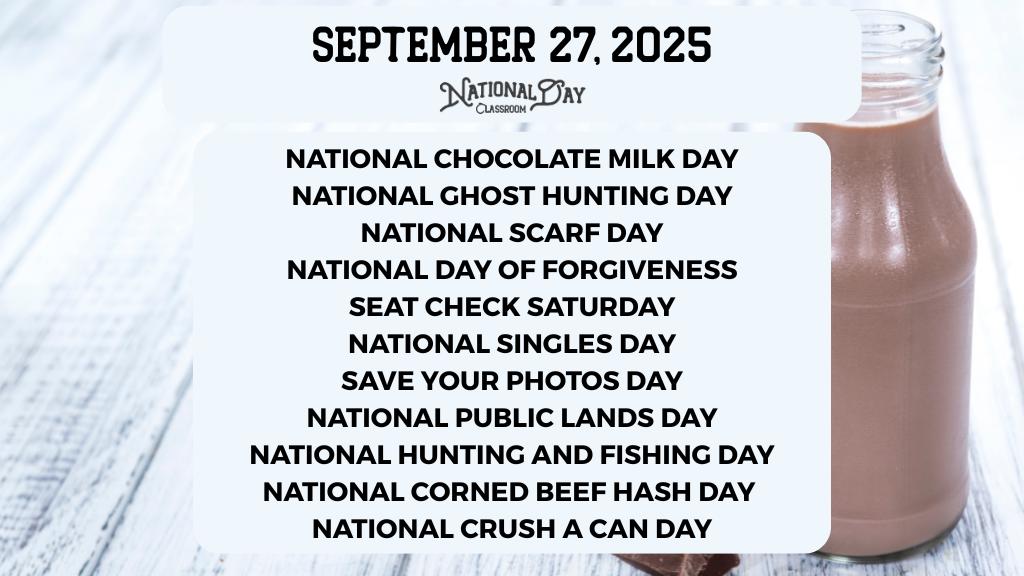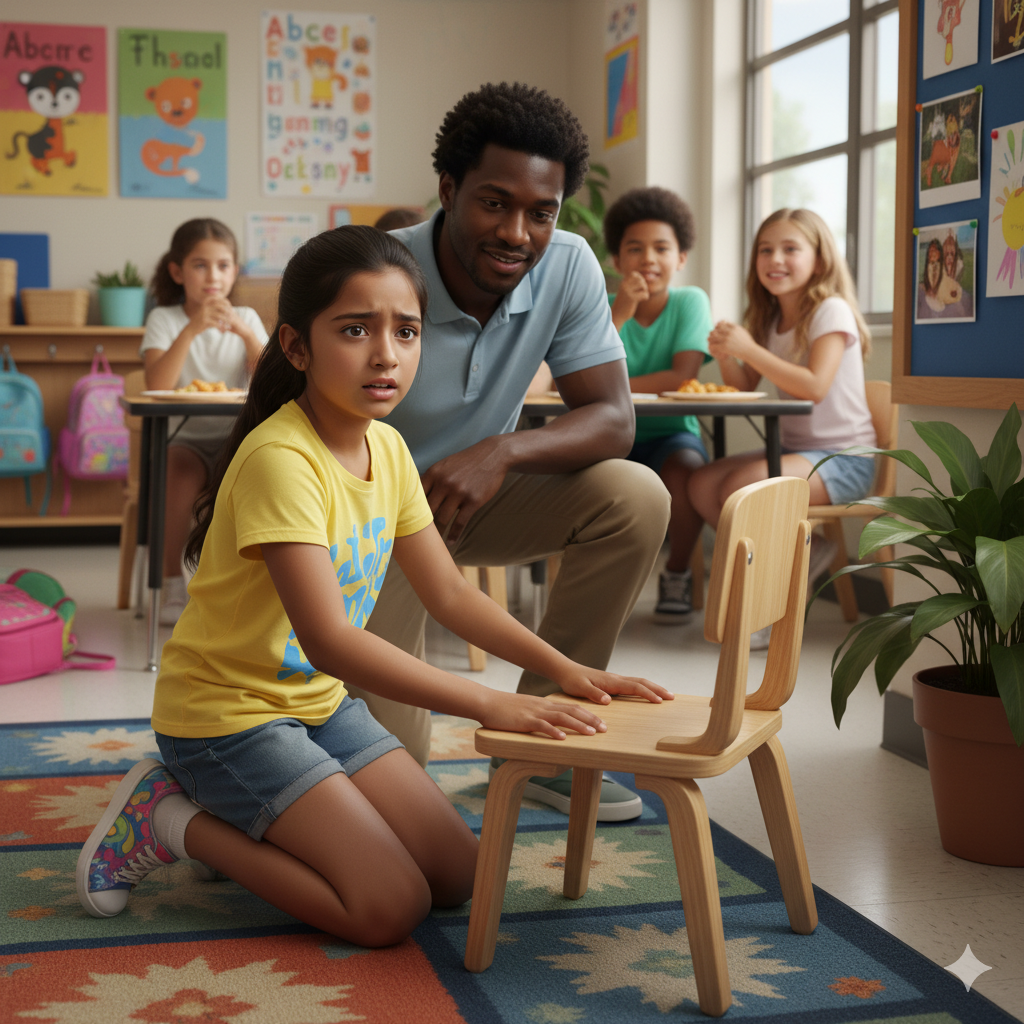
The Case of the Missing Backpack
Maya skipped down the sidewalk, her bright pink backpack bouncing with each step. It was the first day of summer camp, and she was buzzing with excitement. Her mom had packed her favorite snacks, a new book, and even a small, sparkly journal.
When they arrived at the community center, the lobby was a cheerful chaos of kids and parents. Maya hugged her mom goodbye and joined a line of other campers. She glanced around, taking in the excited faces, the colorful posters on the walls, and the counselor handing out name tags. Everything seemed perfect.
Later that morning, after an energetic game of tag in the park, the campers returned to the classroom for snack time. Maya reached for her backpack, but her hand met empty air. Panic fluttered in her chest. It wasn’t under her chair. It wasn’t on the hook where she remembered hanging it. It was gone!
Tears welled in her eyes. “My backpack is missing!” she cried.
Her counselor, Mr. Harrison, knelt beside her. “Don’t worry, Maya. We’ll find it. Can you tell me the last time you remember seeing it?”
Maya thought hard. “Um… when we first got here? In the lobby?”
Mr. Harrison nodded. “What did you do with it then?”
“I… I think I put it down while Mom was talking to someone,” Maya stammered. “And then I saw my friend Lily, and we went to get name tags, and then we went outside…” Her voice trailed off. She hadn’t really paid attention.
“Okay,” Mr. Harrison said gently. “What about the lobby? Do you remember anything specific about it? Was it crowded? Were there other bags around?”
Maya closed her eyes, trying to recall. “It was busy. Lots of people. I remember a big blue suitcase near the door, and someone was wearing a funny hat…”
Mr. Harrison listened patiently, asking more questions. Where was the snack table? Who was standing near the cubbies? What color was the rug?
As Maya started to describe more details she hadn’t consciously noticed, a picture began to form. She remembered seeing a group of older kids near the entrance, and one of them had a bag that looked a little like hers, but not quite. She also remembered a cleaning cart being wheeled past just as she and Lily headed out.
Suddenly, a thought popped into her head. “Mr. Harrison! I remember putting my backpack next to Lily’s, by the big bulletin board! And then a little kid came by and bumped into it.”
They went back to the lobby. The big blue suitcase was gone, the funny hat was nowhere in sight, but near the bulletin board, tucked behind a potted plant, was Maya’s bright pink backpack! It had been knocked over when the little kid bumped it, and then pushed a bit further by someone walking past.
Maya hugged her backpack tightly, relieved. “I guess I wasn’t really looking,” she admitted.
“That’s okay, Maya,” Mr. Harrison smiled. “Today is about learning to notice the little things around us. It’s called situational awareness. The more you pay attention to your surroundings, the better you’ll be at keeping yourself and your belongings safe.”
From that day on, Maya tried to be more aware of her surroundings, noticing details she used to miss – the changing patterns of clouds, the different sounds of the city, and especially where she put her backpack!

Writing Prompts for National Situational Awareness Day:
- “What I Noticed Today”: Ask students to spend an hour (or a specific period of time) consciously observing their environment – their classroom, their walk home, a public space. Then, have them write a short paragraph describing five things they noticed that they might usually overlook (e.g., a specific sound, a smell, a detail on a building, a pattern in nature, someone’s expression).
- “A Small Change”: Imagine you walk into a familiar room (your bedroom, kitchen, classroom) and one small thing has been moved or changed. How quickly would you notice it? Write a story about discovering this small change and what it leads to.
- “The Detective’s Challenge”: You are a young detective. Someone has left an important item behind in a busy place. Write about how you would use your situational awareness to gather clues and figure out where the item might be or who it belongs to. Focus on observation skills.
- “My Situational Superpower”: If you could have one “situational awareness superpower,” what would it be? (e.g., being able to recall every face you’ve ever seen, hearing conversations from far away, noticing subtle shifts in people’s moods). Write a story about using this superpower to help someone or solve a problem.
- “The Safe Walk Home”: Write a step-by-step guide for a younger sibling or friend on how to be situationally aware while walking home from school. What specific things should they notice? What should they do if something feels “off”?